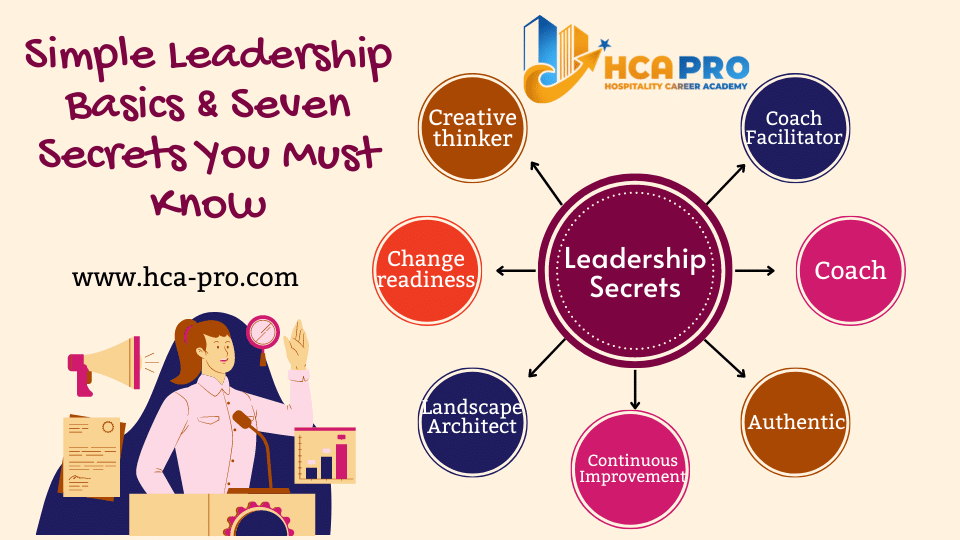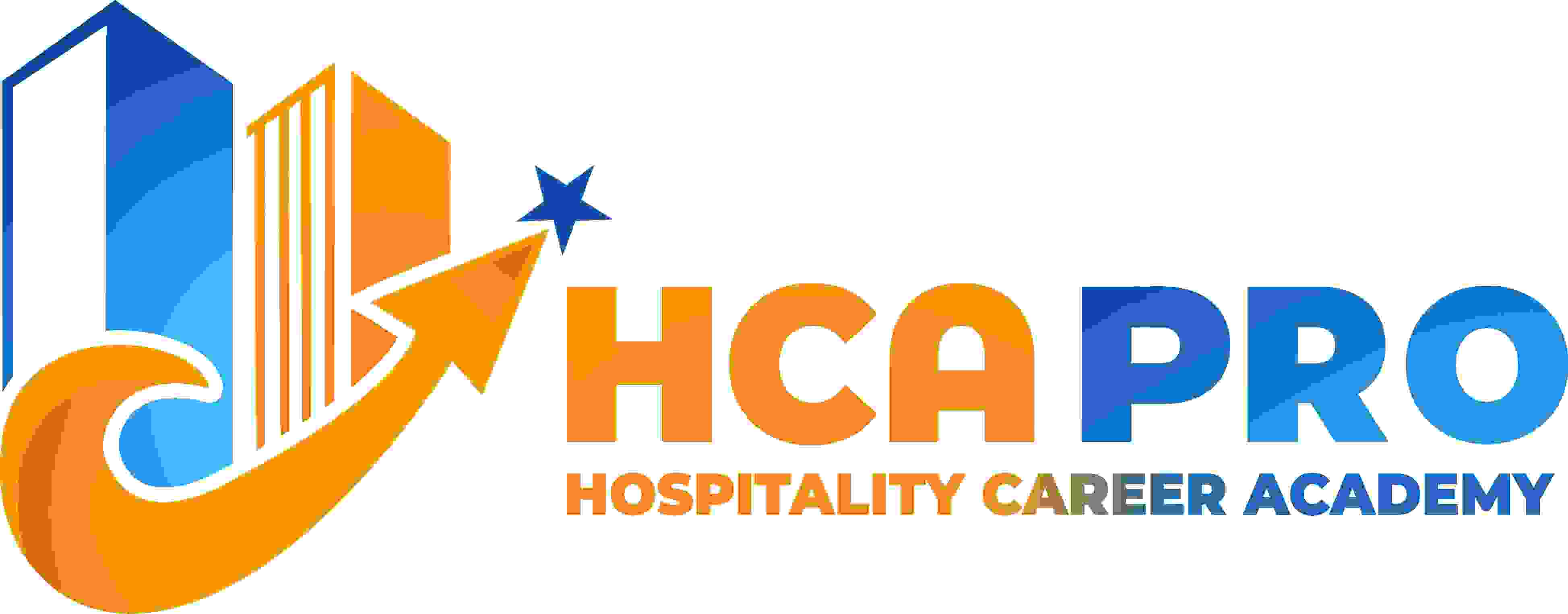
What you should know before becoming a leader, as well as seven ways to improve your leadership skills
The concept of leadership, what it is, who does it, and how to do it well, is shrouded in jargon, debate, and junk theory. However, if you've recently been promoted and are responsible for a group for the first time, there are only a few things you should know about leadership.
When you are promoted and given responsibility for the performance of a group, you are considered a leader. However, you do not undergo any magical transformation. In fact, it will most likely take you more than a year to fully adjust to your new role.
You are a leader because your peers regard you as such. Your only option is to choose the type of work you will do.
When you become a leader, your power decreases. To improve performance as an individual contributor, all you have to do is decide to work harder, longer, or smarter. When you are in charge of a group's performance, the group becomes your destiny. They decide whether or not to act.
When you become a leader, your power grows. Employees pay close attention to what you say and do. They modify their behavior as a result.
As a result, you use your behavior (what you say and do) to influence the behavior of those who work for you in order to achieve a specific goal.
Achieving the goal is part of your role as a leader. The other aspect is to care for your people.
It is possible to achieve good short-term results while not caring about your employees. However, you cannot achieve long-term success for yourself or your company unless you have the willing cooperation of the best people you can find.
At the end of the day, those two standards can be used to assess your leadership. Were we successful in our mission? Are my group members better off today than they were yesterday?
The Seven Secrets Of The Leadership
- Creative thinker
- Change readiness
- Landscape Architect
- Continuous Improvement
- Authentic
- Coach
- Visionary
What is Leadership?
Leadership used to be about telling people what to do. We saw the manager as a “hero.” Managers were needed to solve problems, needed for their technical expertise and their know-how. They were needed to keep the ship running in tiptop shape!
All our old leadership models came from the military, where people took their command from a few people at the top. These models don’t work in today’s world. As the industrial age models rust, the power has shifted from the people who sell, to the people who buy.
Business leader:
Today’s business leader needs to a master juggler and a compassionate listener. She needs to be savvy and intuitive and sharp as a tack in business matters. Most of all today’s leaders need to be able to mobilize HUMAN energy, align it and direct it towards a single goal – creating more value for the customer. This, in turn, creates a more profitable company. Companies that have high levels of customer happiness and employee happiness outperform those that don’t. It’s pretty simple.
The Seven Secrets Of The Leadership for the 21st Century:
1-Creative thinker
Einstein said, “The world we have created is a product of our way of thinking” Nothing will change in the future without fundamentally new ways of thinking.
If we want to create a new world we have to first change our thinking and thinking patterns.
80% of the population thinks re-actively. They take action to make something go away (usually a problem.) The other 20% are creative thinkers – they take action to make something come into being (the creation.)
Creative thinkers thrive on the question “What’s Possible?” Reactive thinkers ask, “What’s wrong?” or “Who’s to blame?” Reactive thinkers live in reaction and response to circumstances. Creative thinkers go beyond circumstances.
The next quality of tomorrow’s leader is
2-“Change readiness.”
The Change-ready individual embraces change. They understand the process of change and how it affects most people and is skilled at enrolling people in it with a minimum amount of fear.
Most people do resist change – that’s because it forces us right out of our comfort zones. A leader knows how to move people out of their comfort zones with dignity and respect. He helps people share a “common understanding” of the past and why they need to change it and then provides them with a positive image of their future along with actions they can all agree will move them in the right direction.
A leader is a
3-Landscape Architect.
It’s her primary job to build a living environment– called culture. Culture is the soul of the enterprise. Today’s leader is a master “culture-craftier.” He or she sculpts and crafts an environment that stimulates, excites, and invites people to be the best they can be.
The architect leader knows that the ability to create a nourishing and challenging environment for people to grow in is more important than any technical skill she can possess.
4-Continuous Improvement
The leader of tomorrow will regularly challenge old beliefs and be passionate about learning and about applying that learning in the real world. She will often ask my favorite question “Who is doing something different than I am and what can I learn from them?”
The New Leader is
5-Authentic.
How and who you are is just as important as what you know! Hold yourself to the highest standards – don’t talk the talk unless you are prepared to walk the walk. Don’t expect of others what you don’t expect from yourself. Be real, tell the truth. The leaders that are the most revered are those that let the light of whom they shine through in all they do. They are honest, forthright, and clear.
6-Coach/Facilitator
A leader needs to be a coach, not a commander. He needs to hold space open for things to happen. It is said that when leaders do their job properly people believe they have done it themselves. Leaders are there to help people see things from a different perspective, to provide questions that encourage learning, and to help turn work experiences into learning experiences.
Our new leader is a
7-Visionary.
It’s clearly documented that visionary leaders are successful at mobilizing human potential. A vision provides focus. It’s a tool for aligning energy. Clear vision and purpose provide people with a framework from which to make decisions, it organizes action and effort.
Clearly, a need for a new leadership style exists. Take a good look at your style and see if you are prepared for living and leading in the 21st century.
